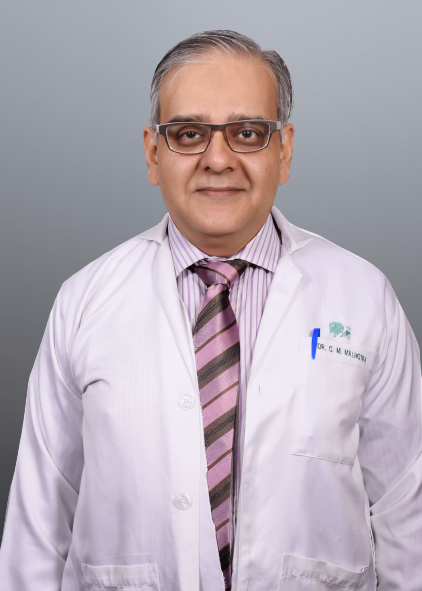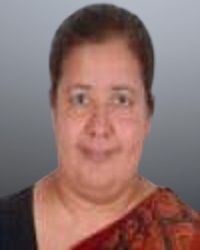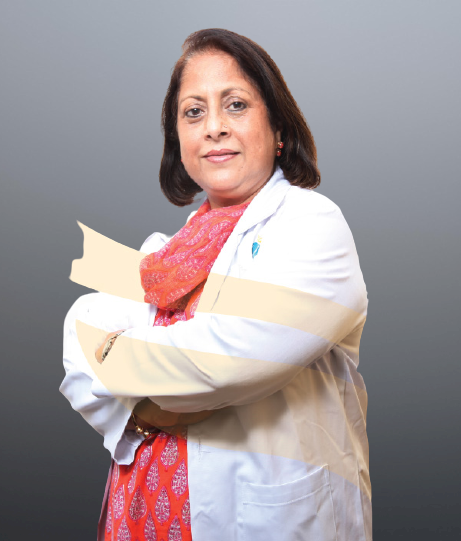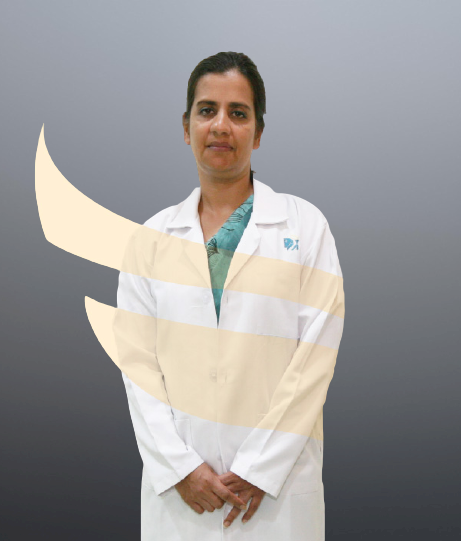Best Doctors for Nystagmus in Delhi
Nystagmus is a visual condition characterised by involuntary, rapid, and repetitive movements of the eyes. It can originate as congenital, typically appearing in infants between 6 weeks and 3 months of age, and is often inherited. Alternatively, it can be acquired later in life, more commonly in adults, and may be triggered by serious health conditions, substance abuse, or head injuries. This neurological impairment significantly affects an individual’s quality of life, leading to symptoms such as blurred or unstable vision, double vision, sensitivity to light, and balance issues.
Delhi is home to many individuals grappling with Nystagmus. To cater to the needs of these patients, Apollo Hospitals in the city host some of the best doctors and specialists adept at Nystagmus treatment. Our team of doctors treating Nystagmus in Delhi are adept at diagnosing and managing this condition effectively.









 Call Now
Call Now






